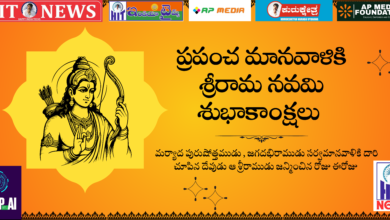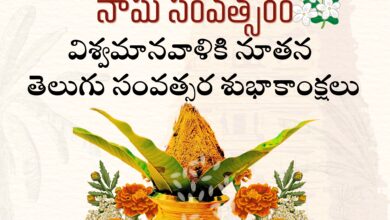

Eid al-Fitr: Celebrating the Conclusion of Ramadan
Eid al-Fitr, often referred to as the “Festival of Breaking the Fast,” marks the end of Ramadan, the Islamic holy month of fasting. It is a time of joy, gratitude, and communal harmony observed by Muslims worldwide.
Significance of Eid al-Fitr
Eid al-Fitr holds profound spiritual importance in Islam. It signifies the successful completion of Ramadan, a period dedicated to fasting, prayer, and reflection. The festival serves as an expression of gratitude to Allah for the strength and patience granted during the month-long fast. It also emphasizes the values of charity, community, and unity among Muslims.
Traditional Practices
The celebration of Eid al-Fitr encompasses various rituals and customs:
- Communal Prayers: The day begins with a special prayer service held in mosques or open areas, bringing together the community in worship.
- Zakat al-Fitr: Prior to the prayer, Muslims are obligated to give a form of charity known as Zakat al-Fitr. This donation ensures that all members of the community, regardless of economic status, can partake in the festivities.
- Feasting and Social Gatherings: After the prayer, families and friends gather to share meals, often featuring traditional dishes and sweets. This communal feasting fosters a sense of belonging and joy.
- Visiting Relatives and Graves: It is customary to visit relatives and pay respects at the graves of deceased loved ones, reflecting the festival’s themes of remembrance and familial bonds.
Global Traditions
Eid al-Fitr is celebrated with unique customs across different cultures:
- Malaysia: In Kampung Talang, a village 250 km north of Kuala Lumpur, the ‘meriam talang’ cannon-firing tradition heralds the start of Eid al-Fitr. This practice, dating back to 1937, involves firing steel cannons to mark the beginning of the festival, symbolizing the community’s unity and joy.
- Turkey: Known as “Şeker Bayramı” or “Sugar Feast,” the Turkish celebration includes distributing sweets and desserts, emphasizing the sweetness of the occasion.
- Egypt: Families in Egypt often gather for communal prayers, visit relatives, and give children cash gifts called “Eidi,” fostering a spirit of generosity and familial connection.
Contemporary Observances
In modern times, Eid al-Fitr continues to be a cornerstone of Islamic culture, adapting to contemporary contexts while preserving its core values. Communities worldwide engage in various events and activities to mark the occasion, reflecting both traditional practices and local customs.
Finally
Eid al-Fitr stands as a testament to the enduring values of faith, gratitude, and community within Islam. As Muslims around the world come together to celebrate, the festival reinforces bonds of kinship, charity, and shared humanity, embodying the spirit of unity and joy that defines this auspicious occasion.








